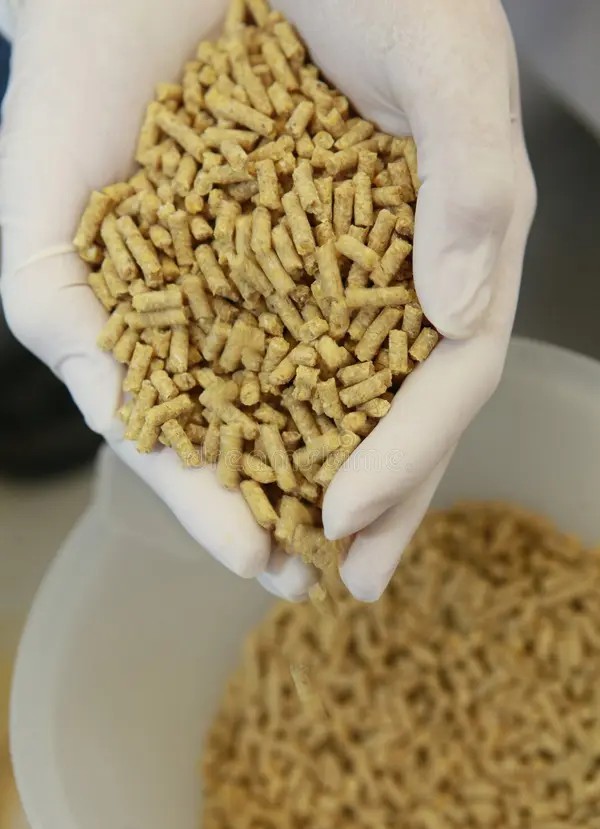-

SNF Superplasticizer
Sodium Naphthalene Sulfonate Formaldehyde (SNF), also called Sodium Naphthalene Sulfonate or Poly Naphthalene Sulfonate (PNS), is a super helpful chemical used mainly in construction to make concrete better. It’s a special kind of superplasticizer, which means it helps concrete flow easily, get stronger, last longer, and cost less. SNF is made from naphthalene (a substance…
-

Liquid Lignosulfonate as a biodegradable dispersing agent
Liquid lignosulfonate, a water-soluble, biodegradable dispersing agent derived from lignin—a naturally occurring polymer in plant cell walls—stands as a cornerstone of sustainable industrial chemistry. Sourced as a byproduct of the sulfite pulping process in the paper industry, it offers an environmentally friendly, cost-effective alternative to synthetic dispersants like polycarboxylates or naphthalene sulfonates. Its ability to…
-

Lignosulfonate liquid plasticizer for eco-friendly concrete
What’s Sodium Lignosulfonate, and Why Use It for Concrete? Picture sodium lignosulfonate as a natural helper made from wood scraps left over from making paper. It’s a brownish liquid or powder that mixes easily with water, smells a bit like wet earth, and costs way less than fancy synthetic chemicals. In concrete, it’s used as…
-

Lignosulfonate liquid
What Is Lignosulfonate Liquid? Lignosulfonate liquid is a natural, water-soluble compound that comes from lignin, the stuff that gives trees their strength and structure. Lignin is like the scaffolding of a tree, holding everything together alongside cellulose. When paper mills process wood to make paper, they end up with lignin as a byproduct. Instead of…
-

How is liquid lignosulfonate used in agriculture?
Liquid lignosulfonate, a natural, syrupy liquid left over from turning wood into paper through the sulfite pulping process, is a hidden gem in agriculture. It comes from lignin, the tough stuff in plants that helps them stand tall, and it’s packed with benefits for farmers looking to grow better crops, improve their soil, and keep…
-

Sodium Lignosulfonate liquid
What is Sodium Lignosulfonate Liquid? Sodium lignosulfonate liquid is a solution made by dissolving sodium lignosulfonate powder in water. It appears as a brown to dark brown liquid, typically with a solid content of 40–60%, a pH range of 4–10 (depending on the specific grade), and a density of about 1.20–1.30 g/ml. The chemical formula…
-

Lignosulfonate as a ceramic plasticizer
Lignosulfonate: Your Clay’s New Best Pal Imagine you’re kneading clay to make a mug, but it’s acting like a stubborn lump that won’t bend or stretch without cracking. Frustrating, right? That’s where lignosulfonate swoops in like a superhero. It’s this natural, brownish stuff that comes from the leftovers of making paper from wood. Think of…
-

Lignosulfonate for road dust control
Lignosulfonate, a natural byproduct of the wood pulping process, is a versatile and environmentally friendly option for controlling dust on unpaved roads, construction sites, mining haul roads, and other dusty environments. Derived from lignin, a complex polymer found in plant cell walls, lignosulfonate is widely used due to its adhesive properties, affordability, and minimal environmental…
-

Lignosulfonate as a pellet binder
Lignosulfonates are natural compounds derived from lignin, a component of wood, extracted during the sulfite pulping process in paper production. They’re widely used as pellet binders in industries like animal feed, biomass fuel, fertilizers, and even industrial applications like coal briquettes or iron ore pellets. Think of them as a glue that holds particles together…
